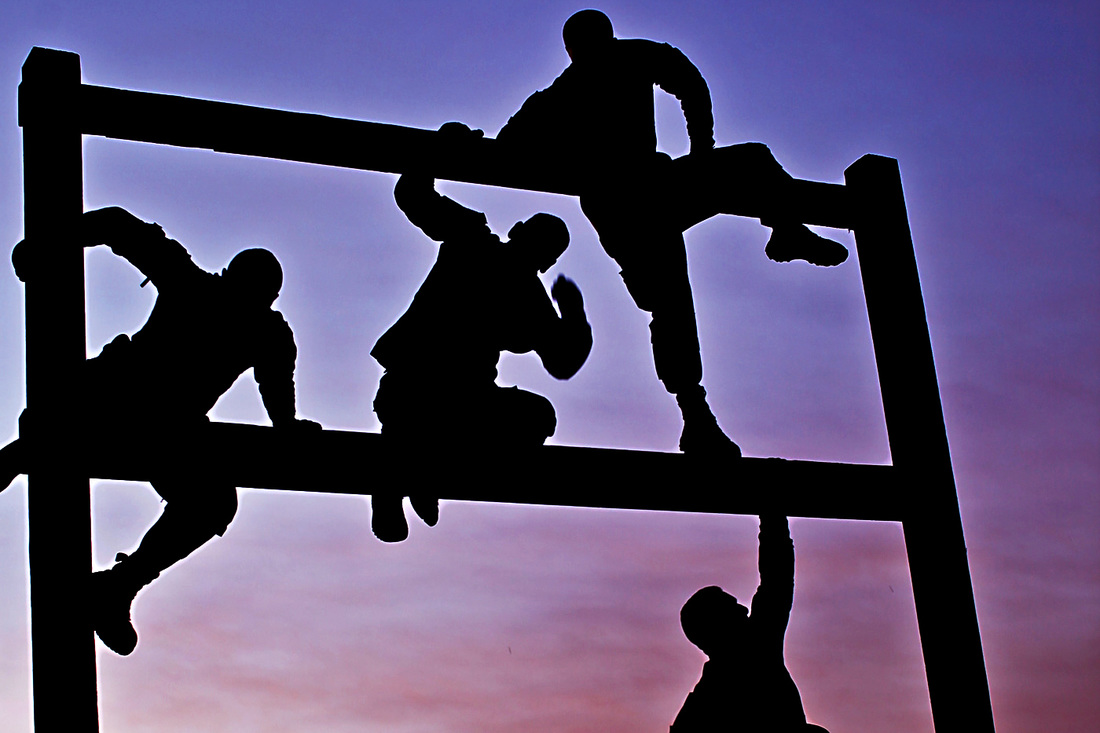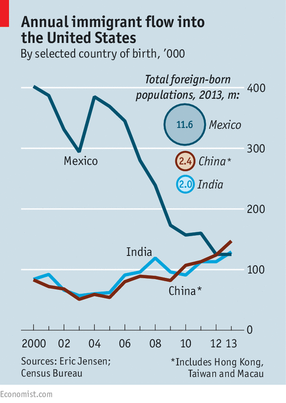|
Although this is years away for public schools (due to cost), we can't wait to introduce and share this type of technology with our students. Love the quote from this video: "Anytime you change the way that you see things, it changes the way that you understand them. As soon as you can change someone's understanding, then they can change the way that they see the world." Of course, there is the "budget" way of doing this as well: 1. We have an information fetish that causes us to confuse education with media. Better digital ‘interactive learning content’ is great, but anyone who says it’s a fix-all is trying to sell you something.
2. We’re obsessively infatuated with our own technological creations. We forget that although our tools have gotten very sophisticated, our ways of thinking haven’t really changed so much. 3. We are really good at throwing away obsolete tech toys, but we stink at throwing away thought paradigms. This is the shadow side of our archival genius. 4. We’ve taught our kids that life is boring. And if they’re not excited and passionate about life, it really doesn’t matter how much ‘content’ they’ve memorized or how many ‘skills’ they’ve mastered. 5. Grown-ups have an inferiority complex. We’re so scared of losing our authority that most schools are set up as big lies to trick kids into thinking adults are experts. ----- "What are the biggest obstacles to changing education? Some are economic. Others are infrastructural. Few are technological. The most significant challenges are philosophical. We are wedded to particular ways of thinking about school and learning and life that are limiting our ability to best serve our children. The way we live in the world is changing. Therefore, education also needs to change. Don’t believe the popular rhetoric, our schools are not “failing.” But they are also not..." Read more @ Forbes
Our students and staff will need to be prepared for this future that is already here. We are in the midst of a transportation revolution (+automated self-driving cars) similar to the transformation of farming during the industrial revolution.
----- "The imminent need for basic income in recognition of our machine-driven future Late last year, I took a road trip with my partner from our home in New Orleans, Louisiana to Orlando, Florida and as we drove by town after town, we got to talking about the potential effects self-driving vehicle technology would have not only on truckers themselves, but on all the local economies dependent on trucker salaries. Once one starts wondering about this kind of one-two punch to America’s gut, one sees the prospects aren’t pretty." Read on "A growing number of American schools are ditching the 19th century—when it comes to the school calendar that is. Twice as many schools today have a longer school day or year than just two years ago and, for the first, more of them are traditional public schools than charter schools, according to a joint report released Thursday by the Boston-based National Center on Time and Learning (NCTL) and the Denver-based Education Commission of the States.
Of the 2,009 schools that had expanded learning time last year, 1,208—or 61 percent—were regular public schools. That's almost a total flip from 2012, when there were 1,079 schools with additional time and 56 percent of them were charters. The number of students attending charter and non-charter extended learning time schools has also doubled during that period, from 520,000 to nearly 1.2 million. Jennifer Davis, president of NCTL, said the shift indicates that charter schools are fulfilling their mission as centers of innovation in education whose successes can be models for traditional public schools. "Every high-performing charter school in America has more time," Davis told Education Week. "That's the only way they have been able to show that kind of educational gains for their students." An interactive database developed by NCTL shows that schools in 44 states and the District of Columbia have added at least 30 minutes to their school day or 10 days to their academic year. Some have gone well beyond that. So far, 41 schools in five states increased the school year by..." Read more @ Education Week Related article | Longer School Year: Will It Help Or Hurt U.S. Students?  Dr. Harvey Perkins speaks about meaningful change in school systems and encourages us to think about thoughts such as "Don't confuse your school improvement plan with school improvement." Watch |
Shared ThoughtsTogether, as learners in the education space, we would like to share a selection of what we read and reflect on internally. Categories
All
Archives
January 2016
|
Milpitas Unified School District
|
|





 RSS Feed
RSS Feed
